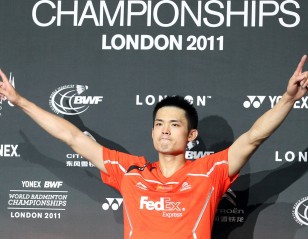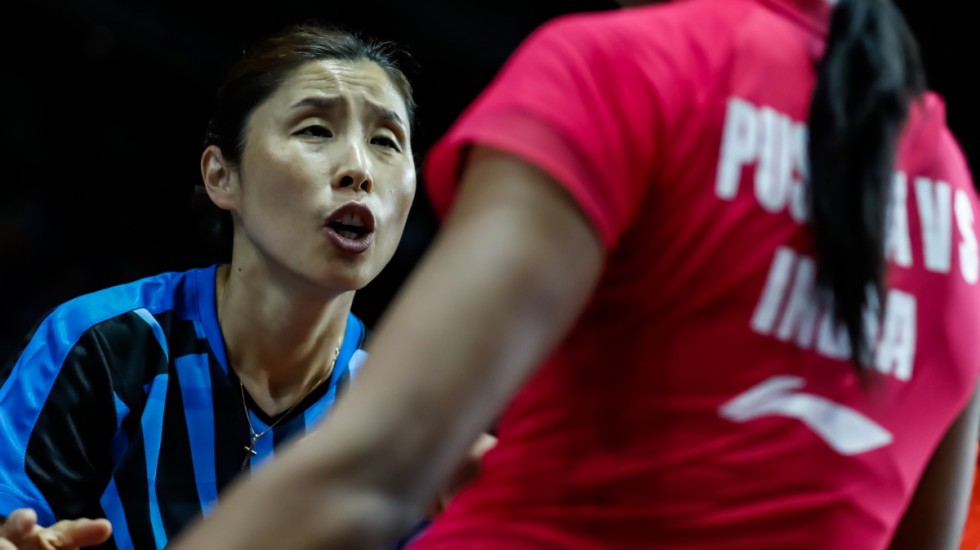
Life Lessons, From Coach Kim Ji Hyun
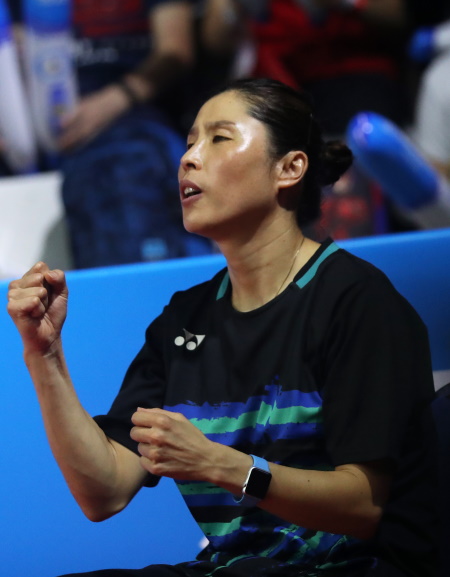
“A coach is like a doctor,” says Kim Ji Hyun, who is currently in the midst of diagnosing problems and finding solutions for her high-profile ward, Pusarla V Sindhu.
The former Korea international and coach – who changed her name to Ji Hyun Marr, but is better known worldwide by her maiden name – is in the 20th year of her coaching and is a veteran of many a campaign. With the TOTAL BWF World Championships 2019 coming up, she has another challenge on her hands. As women’s singles coach with India, she is tasked with prepping Pusarla for Basel and beyond. With Pusarla having had a roller-coaster ride this season, Kim’s inputs will be vital.
“Sindhu’s powerful and has a good physique, but I feel she has to develop more skills,” says Kim, perhaps the most well-travelled international woman coach, having worked with BWF’s training academy in Saarbrucken, and the New Zealand and Korean national teams before arriving in India earlier this year.
“The way she plays, I feel it’s not smart enough. I mean, at the top level, you have to be smart. It has to be a combination, like your technique, and hitting and mentality. There are so many skills she has to work on, especially net skills and deception. Step by step. We’re working on skills, and changing tactics, as you can’t use the same tactics over and over again.”
As for the World Championships, Kim says, “If you play the same kind of game, you won’t have a chance.”
Kim praises Akane Yamaguchi – who was ruthless in her decimation of Pusarla in two matches this year – and Tai Tzu Ying as the players to watch at the Worlds.
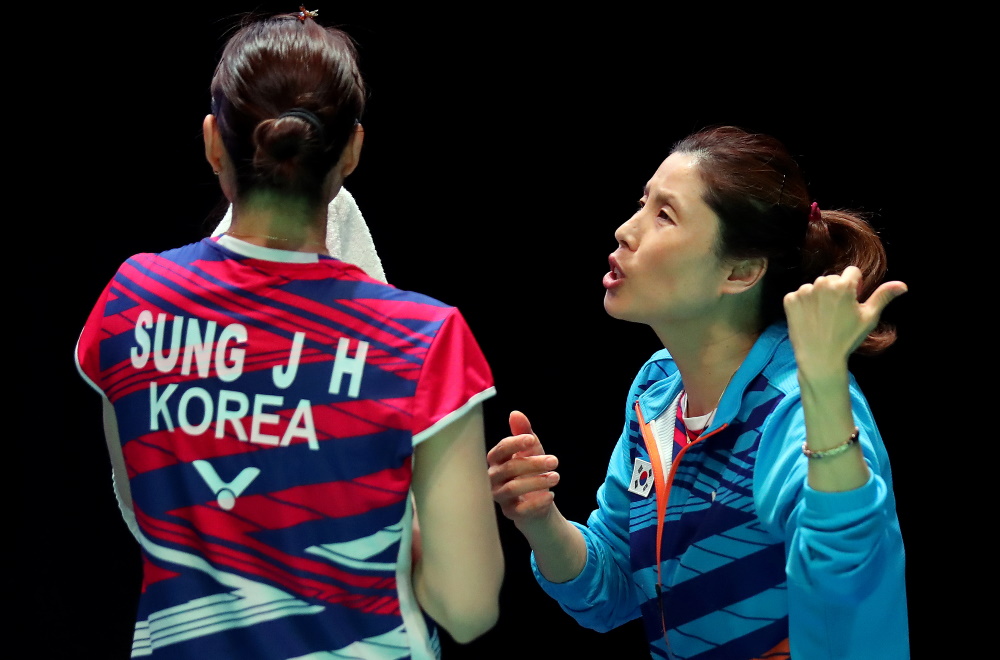
“Yamaguchi, she’s so short, but she’s very smart, especially in how to recover on court. Tai Tzu Ying is one of the most beautiful players I’ve ever seen. So many skills, so many beautiful techniques. No one else has it. Also, she’s fit and very smart. I think she’s the most talented player, in my opinion.”
Kim was part of an eventful era in women’s singles, having played alongside names like Susi Susanti, Bang Soo Hyun, Camilla Martin, Gong Ruina and Gong Zhichao. While she concedes the current game has become faster, badminton in her time, she recalls, required greater fitness.
“If you were not fit enough, you die! I think the fitness required was even greater than today. Basically, you had to be prepared for two hours. It was all about drop, clear, good strokes.
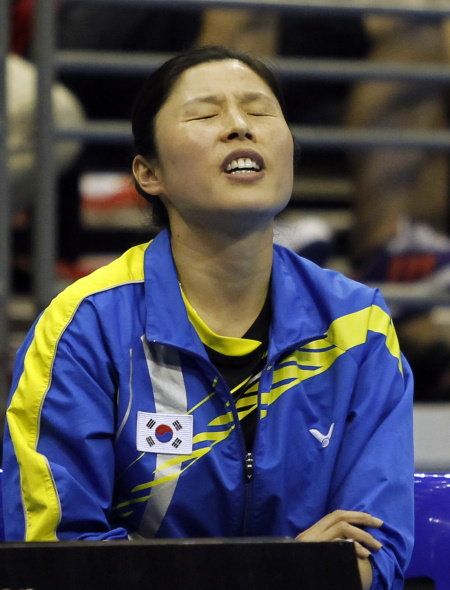
“Those players – you nearly died playing them, I guess. They hardly made mistakes. It was crazy to play Susi, wow, how could she play like that – she used to play such long rallies, hardly made mistakes, long clears, drop shots. One-and-a-half hours, you’d be dead. In Indonesia, if you played half-an-hour, you’d be dead.
“There’s more variety now. Now the matches are shorter, but it’s more attacking. The game is faster. There are more styles now. If you start slow, no chance.”
Kim sees herself not just in the role of someone offering technical support, but as motivator and counsellor. “The no.1 factor is trust in each other. If you don’t trust each other, what’s the point? You have to believe in yourself, and you have to believe in your player. Always stay positive. No matter what, you have to create a positive (atmosphere) for your player.
“I devise some funny exercises, so it’s not the same things over and over again. I have to integrate more skills. I create more exercises that make the players think. Sometimes we have lunch or dinner together.”
With the World Championships around the corner, and Tokyo 2020 a year away, does she feel the pressure while sitting in her player’s corner?
“It depends on how she plays. As a player, if you lose, I lose. You win, I win. But you have to have something to look forward to (for) working on. A coach is like doctor. You play one tournament, you notice something, and then you get back and work on that.
“At the top level, you can’t say who’s good, who’s bad. It’s all about mental strength. Players fight for every point. You can’t give a chance. You have to be consistent every time in your performance, your mentality. Sindhu was down when I arrived. Now she’s coming up, but I want her to stay up. It’s not about teaching badminton, you’re teaching life skills, respect, attitude, loyalty, everything is connected.”
World Championships News
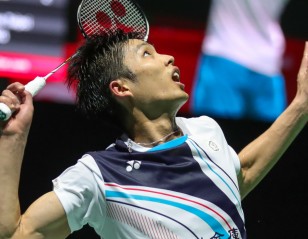
Lessons Learnt, Parting Perspectives 14 September 2019
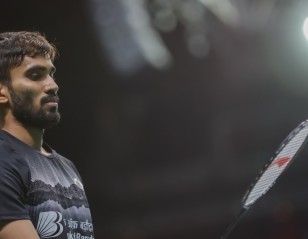
Kidambi Srikanth – A Search for Form 13 September 2019
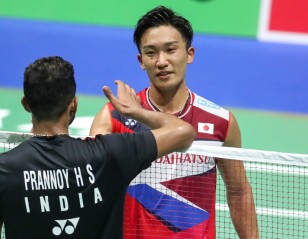
Momota, in the Eyes of his Opponents 12 September 2019
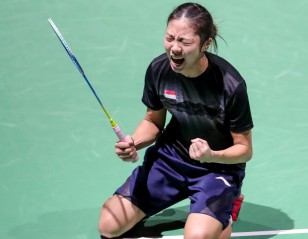
Recap: Upsets at the World Championships 10 September 2019
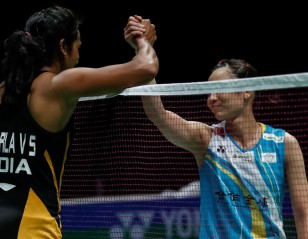
Recap: Memorable Matches of the World Championships 8 September 2019
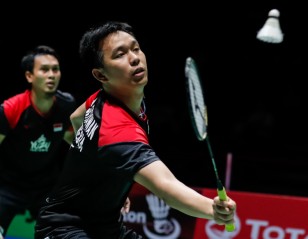
Highlights of the World Championships 7 September 2019
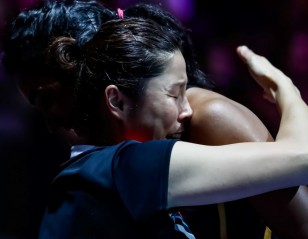
Played ‘Two’ Perfection – Basel 2019 4 September 2019

Badminton, Ice Hockey and the World Championships 4 September 2019
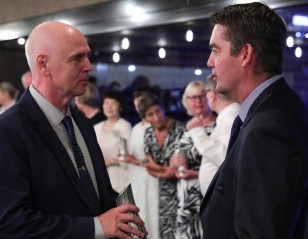
Three-Event Titan – 25th Edition World C’ships 3 September 2019

Legends of ’77 – 25th Edition World C’Ships 31 August 2019
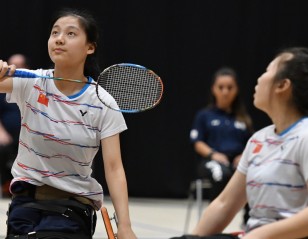
Para Badminton Event Comes to a Close – Basel 2019 27 August 2019
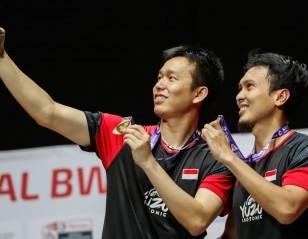
Wristy Trickery Wins the Day – Basel 2019 26 August 2019
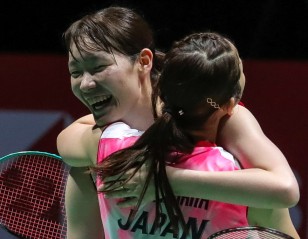
Great Comeback Falls Short – Basel 2019 26 August 2019
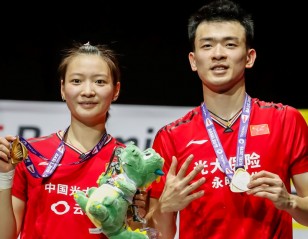
Mixed Doubles ‘Great Wall’ Intact – Basel 2019 26 August 2019
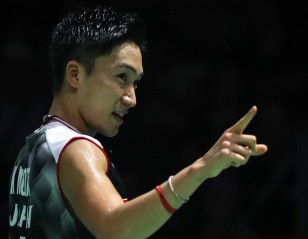
Antonsen Bows to Momota’s Class – Basel 2019 25 August 2019
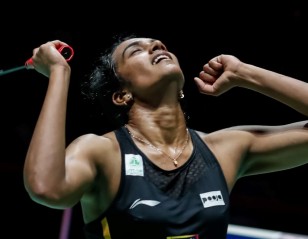
Gold – At Last! – Basel 2019 25 August 2019
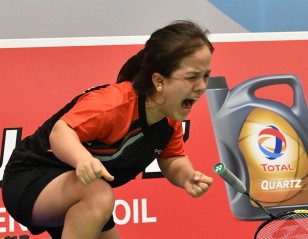
Poveda Makes It a First for Peru – Basel 2019 25 August 2019
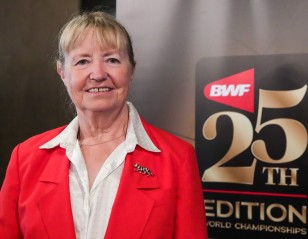
Legend Who Broke Records and Paved the Way for Future Stars –... 25 August 2019

Ray’s a Real Sport – 25th Edition World C’Ships 25 August 2019
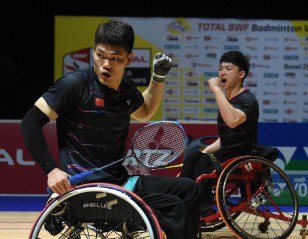
China Take Two Gold – Basel 2019 25 August 2019
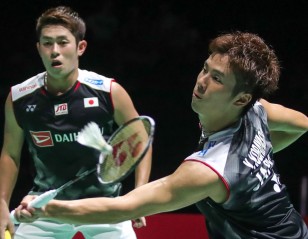
‘Upsetting’ Night for China – Basel 2019 24 August 2019
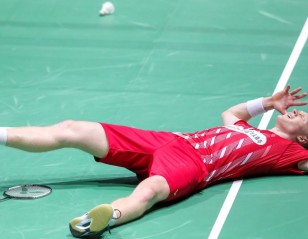
Antonsen’s ‘Insane’ Dream – Basel 2019 24 August 2019
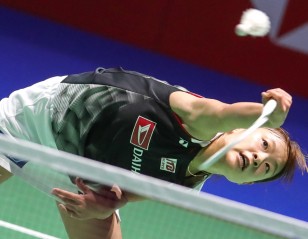
Glasgow ’17 on the Cards – Basel 2019 24 August 2019
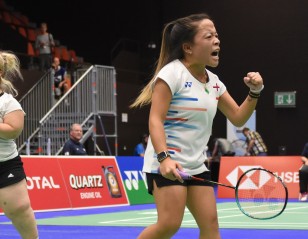
Five Down, Seventeen to Go – Basel 2019 24 August 2019
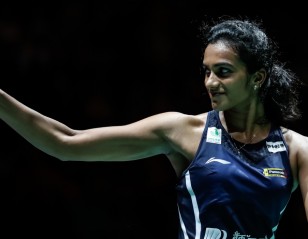
Sindhu Assures Herself: Tomorrow Will Be Different 24 August 2019
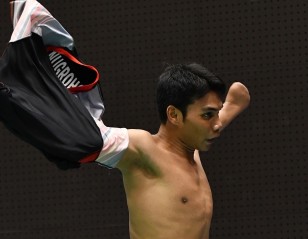
Para Badminton Athletes Turn It Up a Notch – Basel 2019 24 August 2019
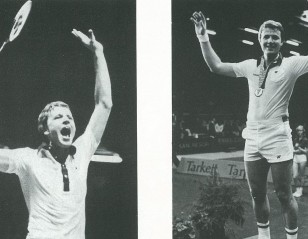
Flaming Dane Set Courts Aglow – 25th Edition World C’Ships 24 August 2019
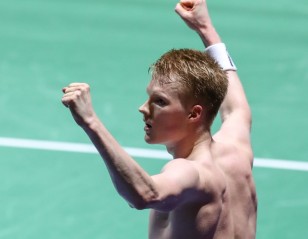
Antonsen Delivers for Europe – Basel 2019 23 August 2019
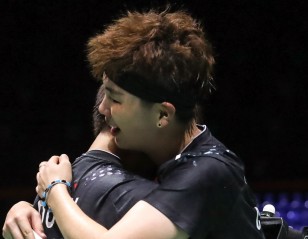
Du/Li Stand Tall After 2-Hour Epic – Basel 2019 23 August 2019
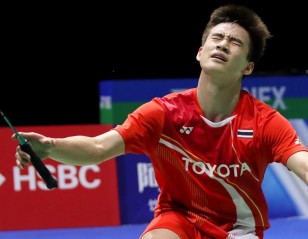
Kantaphon Leads Thailand’s Record Haul – Basel 2019 23 August 2019
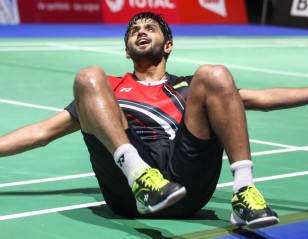
Sensational Session for India – Basel 2019 23 August 2019
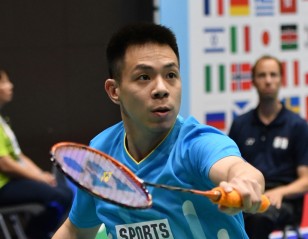
Tall Order for Standing Men – Basel 2019 23 August 2019
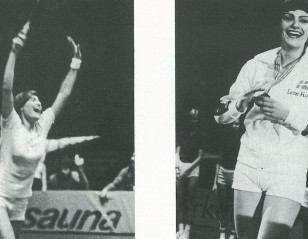
Crowd Pleasing Superstar – 25th Edition World C’Ships 23 August 2019
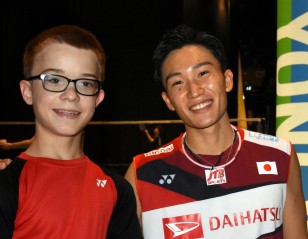
Teenage Shuttler Meets His Idol – Basel 2019 23 August 2019
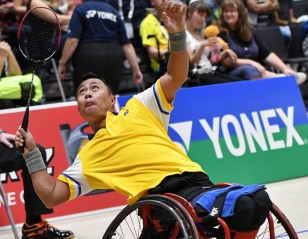
Wheelchair Top Seed Toppled – Basel 2019 23 August 2019
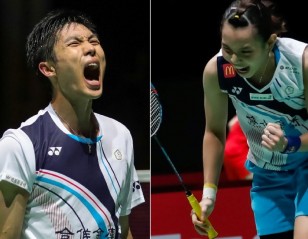
‘Two’ Much Trouble! – Basel 2019 22 August 2019
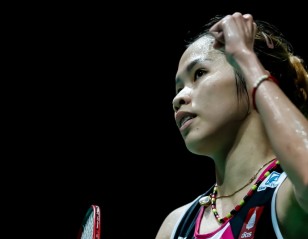
Intanon Survives Scare – Basel 2019 22 August 2019
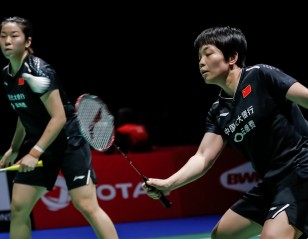
BWF Statement – TOTAL BWF World Championships 2019 22 August 2019
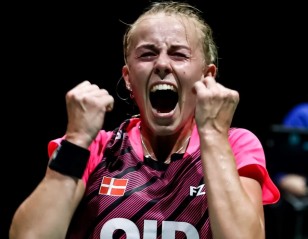
Belated Birthday Blitz! – Basel 2019 22 August 2019
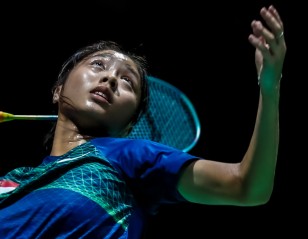
Back Problem Doesn’t Stall Jia Min – Basel 2019 22 August 2019
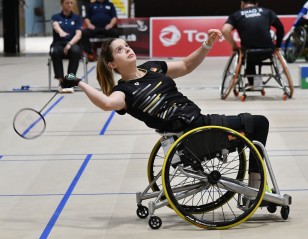
Girl Power – Basel 2019 22 August 2019
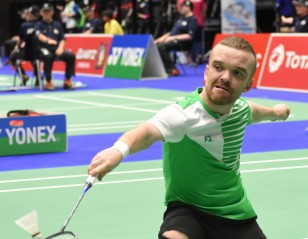
Group Rounds Move into Main Draw – Basel 2019 22 August 2019
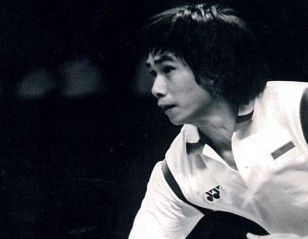
Lessons from the Seventies – 25th Edition World C’Ships 22 August 2019
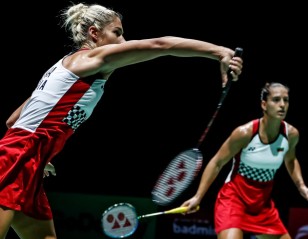
Women Getting in Gear – Basel 2019 21 August 2019
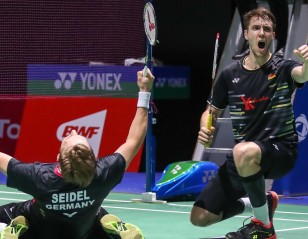
German Shock for Fifth Seeds – Basel 2019 21 August 2019
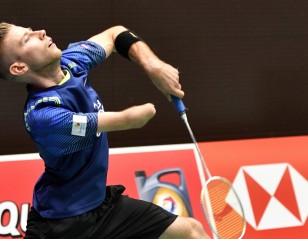
I Feel at Home says Mroz – Basel 2019 21 August 2019
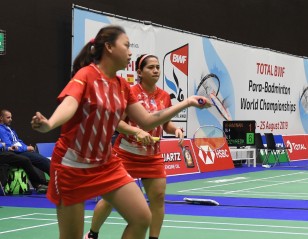
The Power of the Mind – Basel 2019 21 August 2019
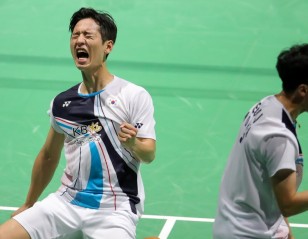
Minions Crash Land at Worlds Yet Again – Basel 2019 21 August 2019
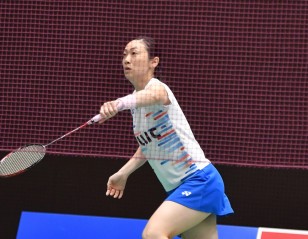
Suzuki Banks on Experience Over Age – Basel 2019 21 August 2019
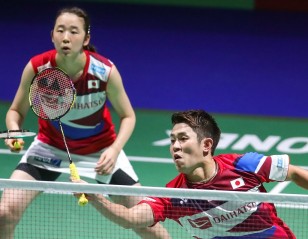
Nagahara ‘Mixing It Up’ – Basel 2019 20 August 2019
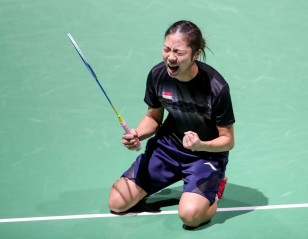
Jia Min Ousts Top Seed – Basel 2019 20 August 2019
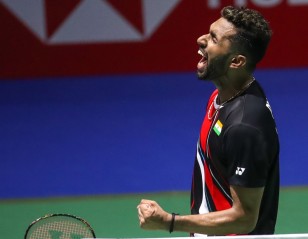
Lin’s Challenge Sputters Out – Basel 2019 20 August 2019
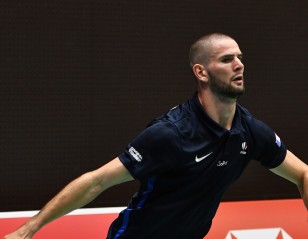
Mazur On Track to Retain Crown – Basel 2019 20 August 2019
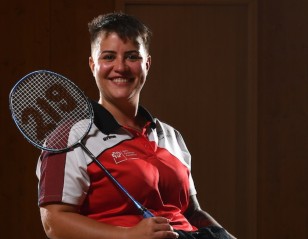
Trading One Set of Wheels for Another 20 August 2019
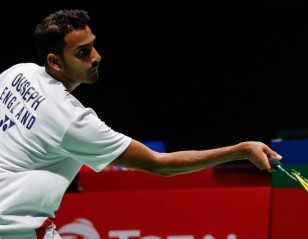
Ouseph Exits Stage, Bids Goodbye – Basel 2019 19 August 2019
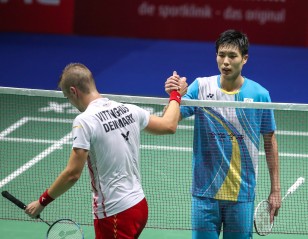
Chou Survives Danish Test – Basel 2019 19 August 2019
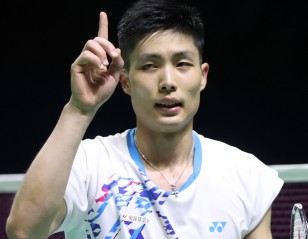
A Title Dedicated to a Battle Against Cancer 19 August 2019
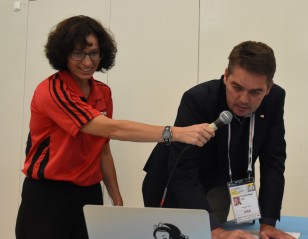
Draw Provides an Even Playing Field for All 18 August 2019
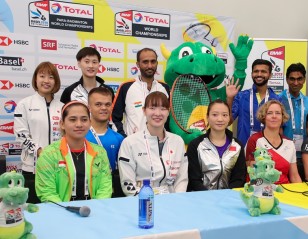
Para-llel Event a Unique Experience for Badminton Fraternity 18 August 2019
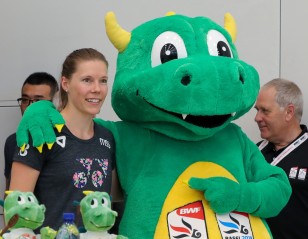
An Occasion to Cherish for Jaquet – Basel 2019 18 August 2019
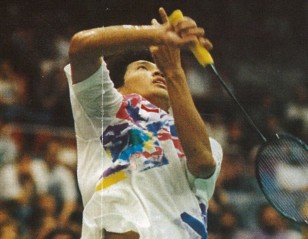
‘100 Watt Smash’ that Lit Up Lausanne – 25th Edition World C’Ships 17 August 2019
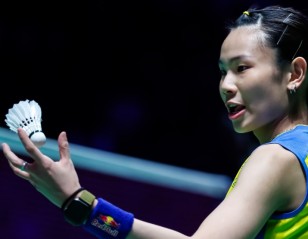
Preview: Worlds of Opportunity 17 August 2019
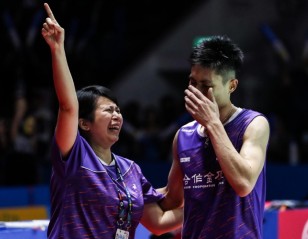
By Chou’s Side 16 August 2019
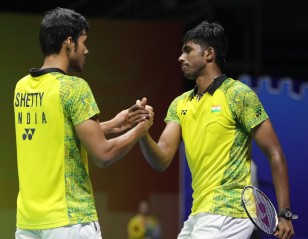
Satwik/Chirag to Miss World Championships 16 August 2019
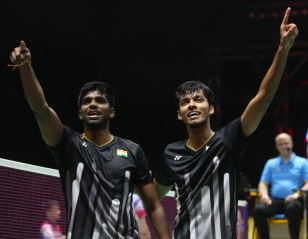
Indian Pair Blazes a Trail 15 August 2019
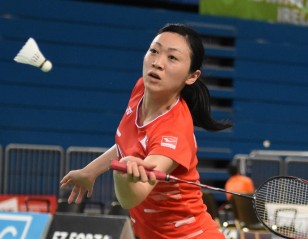
Awesome Threesome of SU5 – Para Badminton World C’Ships 14 August 2019
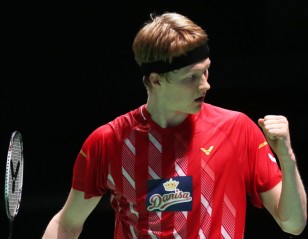
Free of Pressure, Antonsen Senses His Chance 13 August 2019
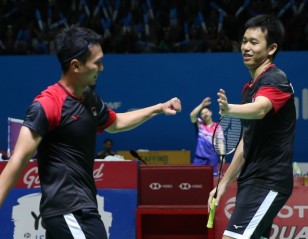
Ahsan/Hendra Play it Cool Despite Hot Form 11 August 2019
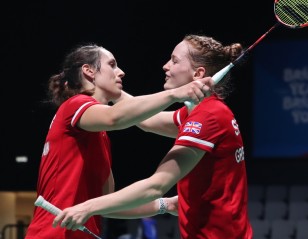
England Duo Anticipate Fruitful Week in Basel 10 August 2019

Women’s Singles Re-Draw – TOTAL BWF World Championships 2019 9 August 2019
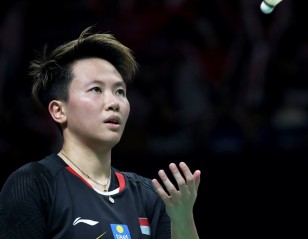
Winny Will Need Support: Liliyana Natsir 8 August 2019
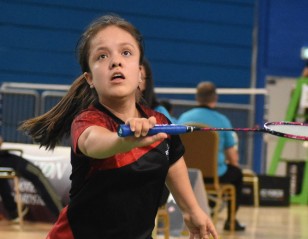
Sports Upbringing Gives Edge to Poveda 7 August 2019
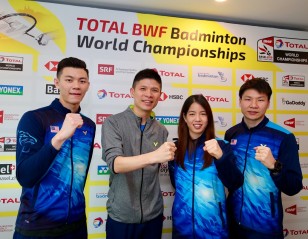
World Championships Draw Released 5 August 2019
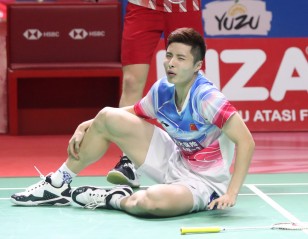
Marin, Shi Join Axelsen on Sidelines 5 August 2019
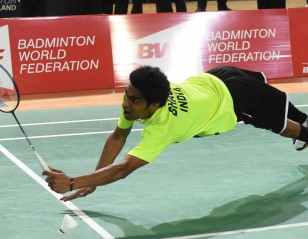
New Para Badminton Chapter Unfolds in Basel 1 August 2019
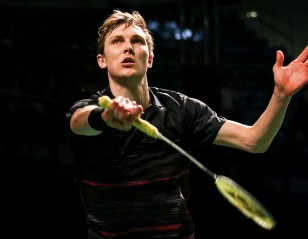
Injured Axelsen Withdraws From World Championships 31 July 2019
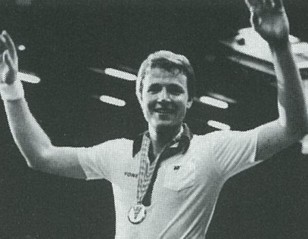
From Malmo to Basel – 25th Edition World C’Ships 30 July 2019
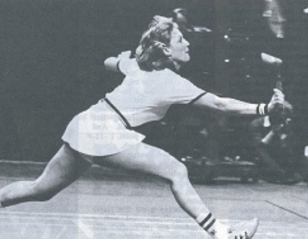
Famous Five and the Good Old Days – 25th Edition World C’Ships 19 July 2019
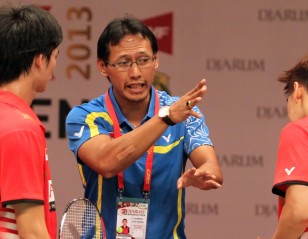
Revisiting a Hero: Sigit Budiarto 11 July 2019
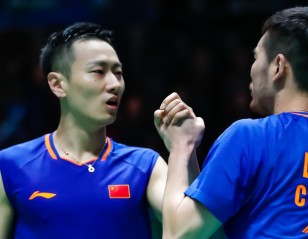
History Beckons Zhang Nan 10 July 2019
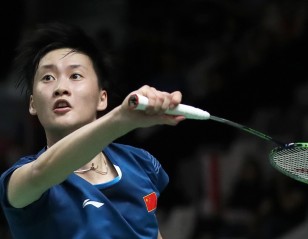
Chen To Lead China’s Charge 9 July 2019
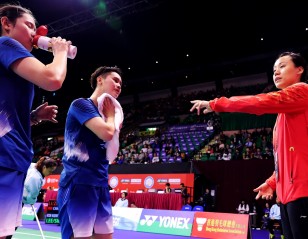
19 Days Left To Register for World Coaching Conference 26 June 2019
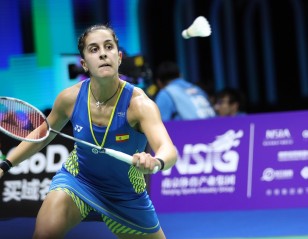
Marin on the Mend and Eyes Return 22 June 2019
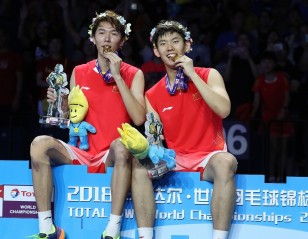
Two Months To Go – World C’Ships Countdown 19 June 2019
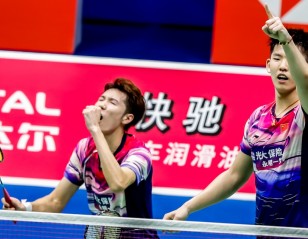
Li & Liu – Stepping Up When It Matters 7 June 2019
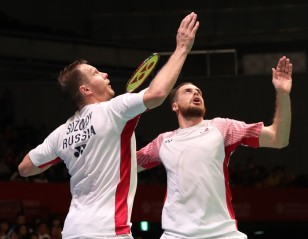
Ivanov & Sozonov Rekindle The Fire 3 June 2019
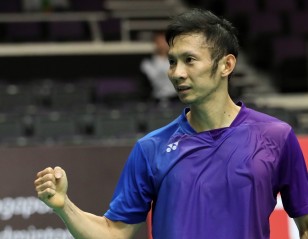
Tien Minh – Veteran Still Chasing His Dreams 2 June 2019
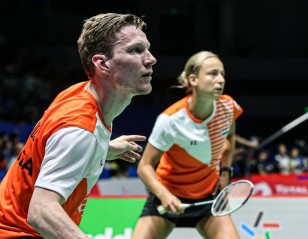
Confidence Boost for Dutch Duo 1 June 2019
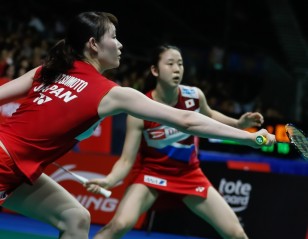
Matsumoto & Nagahara: Rapid Ascent to Pinnacle 8 May 2019
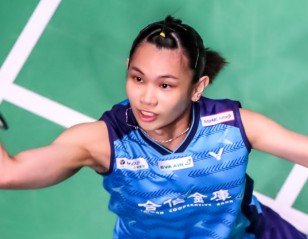
Tai Eases into Top Gear 25 April 2019
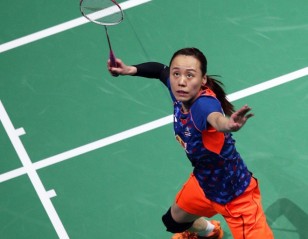
Zhao Yunlei Star Speaker at Coaching Conference 24 April 2019
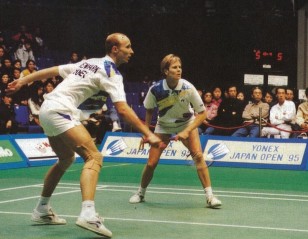
‘The Physical Level Has Gone Up’ 22 April 2019
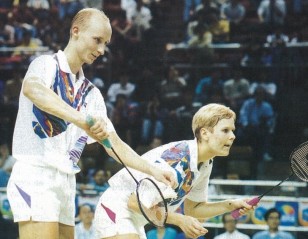
Memories of Lausanne 1995 20 April 2019
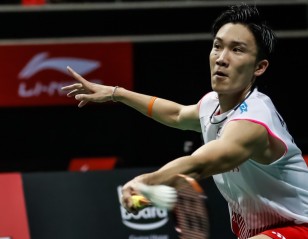
Momota Sets the Pace, but Speedbreakers Lurk 18 April 2019

BWF and Total Celebrate Five Years of Partnership 18 April 2019
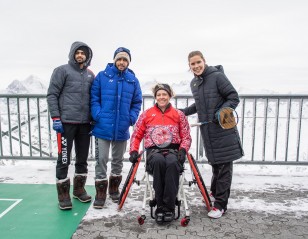
Badminton Thrust into Bright Lights – World C’Ships 13 March 2019

Gold and Glory for Arbi – Throwback ’95 World C’ships 19 February 2019

GoDaddy Extends Major Events Partnership with BWF 11 February 2019
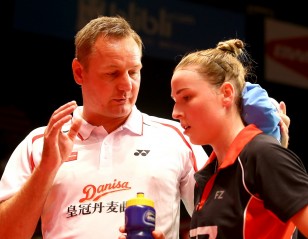
Star speakers assembled for BWF World Coaching Conference 2019 30 January 2019
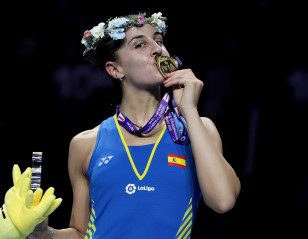
Singles Champions – Down the Ages 20 December 2018
